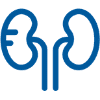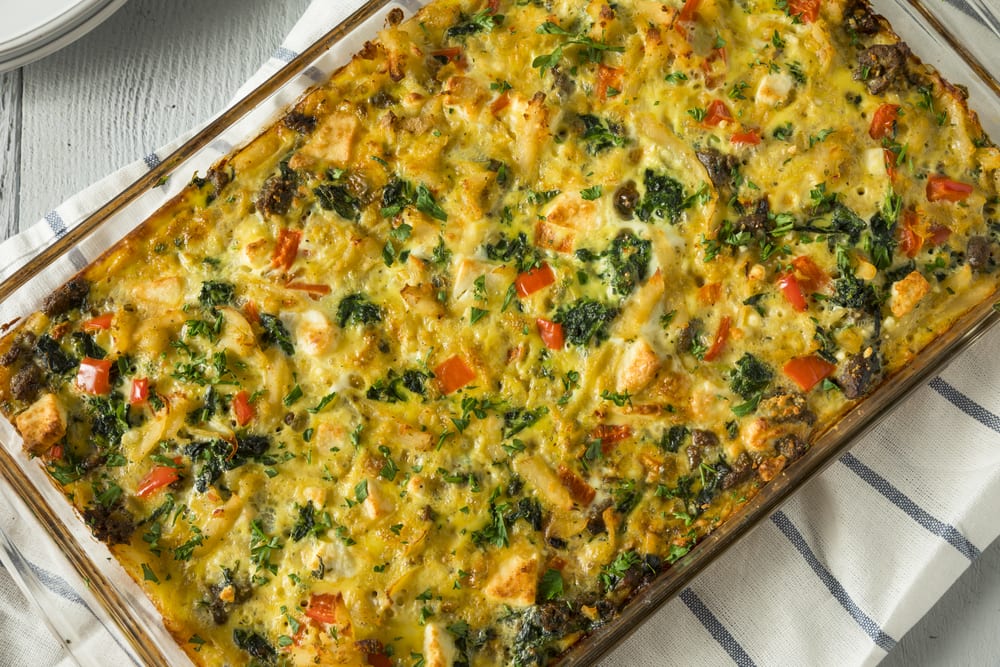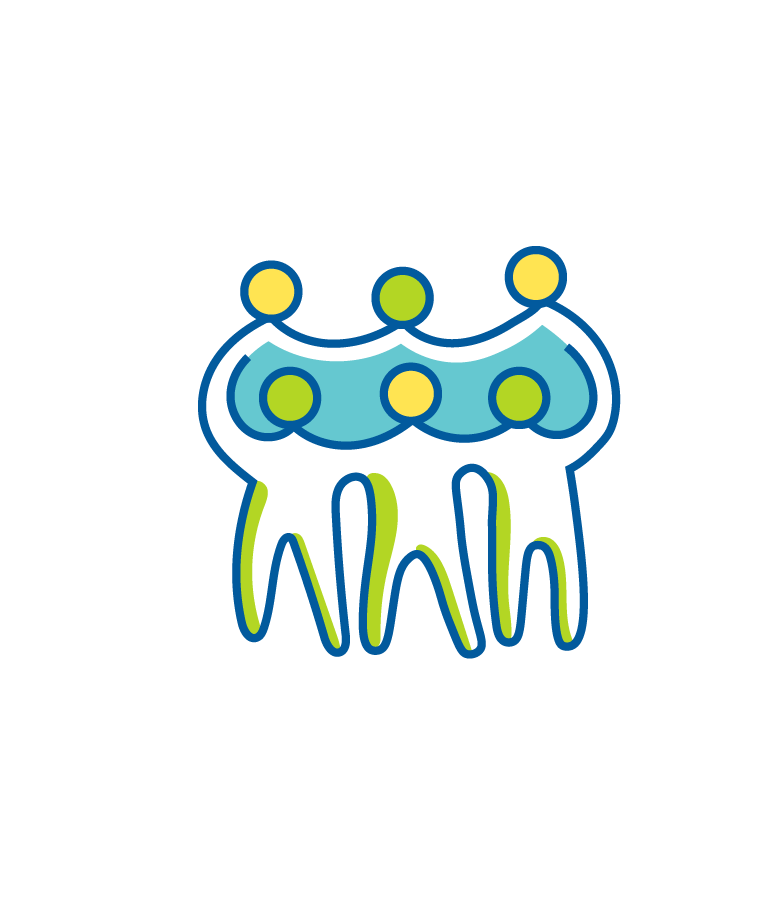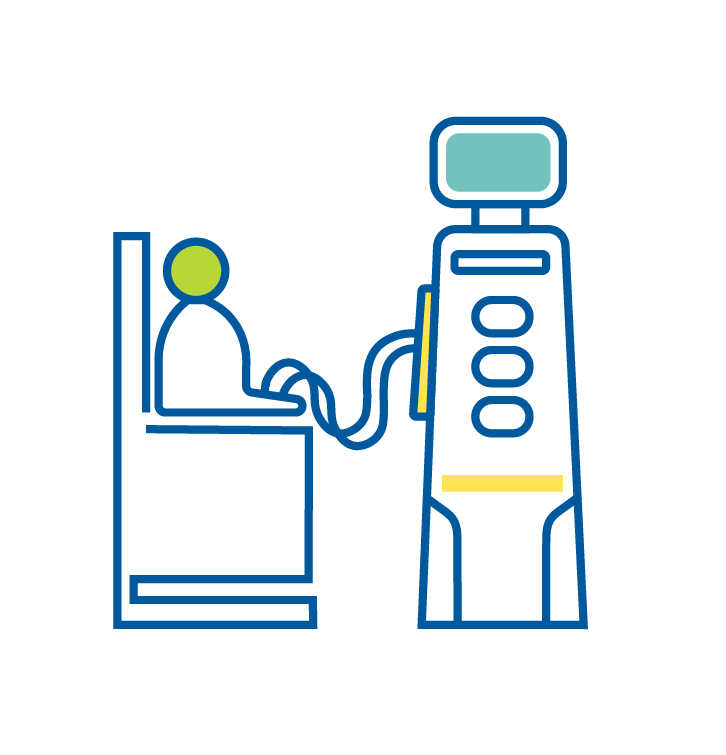Nutrients - the building blocks of food
Nutrients
The food we eat and drink provides us with the nutrients we need to survive and thrive. Some of the key nutrients that make up foods include protein, carbohydrates, fats, sugars, sodium, potassium, phosphorus and fluids.
Our bodies use some of these nutrients (protein, carbohydrates, and fat) as fuel to provide our bodies with the energy needed to function properly. That “fuel” is called calories. When we eat more calories than we use, we gain weight. When we use more calories than we eat, we lose weight. Finding a good balance of calories in versus calories used can be difficult. It is even more difficult when you have kidney disease.
Nutrients and your kidneys
Our kidneys play a very important role when it comes to regulating nutrients we consume. Our kidneys remove the extra amount of vitamins and minerals we do not need. When your kidneys are not working as well as they should, they cannot filter your blood properly, allowing some vitamins and minerals to build up in your blood. For people who do not have kidney disease, these nutrients may not need to be avoided. Nutrients play an important role in the body by:
- Boosting your immune system
- Keeping your bones and teeth healthy
- Helping heal cuts, scrapes, and bruises
- Helping your organs function properly
- Protecting your eyesight
This list goes on and on. The amount of nutrients you should aim to eat depends on your stage of kidney disease. Ask your registered dietitian nutritionist about the amount that is right for you.
Some of the nutrients people with kidney disease should keep track of include:
- Protein
- Carbohydrates
- Sodium (salt)
- Potassium
- Phosphorus
- Fluid
Your support goes further with AKF
Your donation allows AKF to support people wherever they are in their fight against kidney disease – from prevention through transplant. For more than 50 years, we have fought on all fronts for millions of people impacted by kidney disease.
Donate today to support our work

























